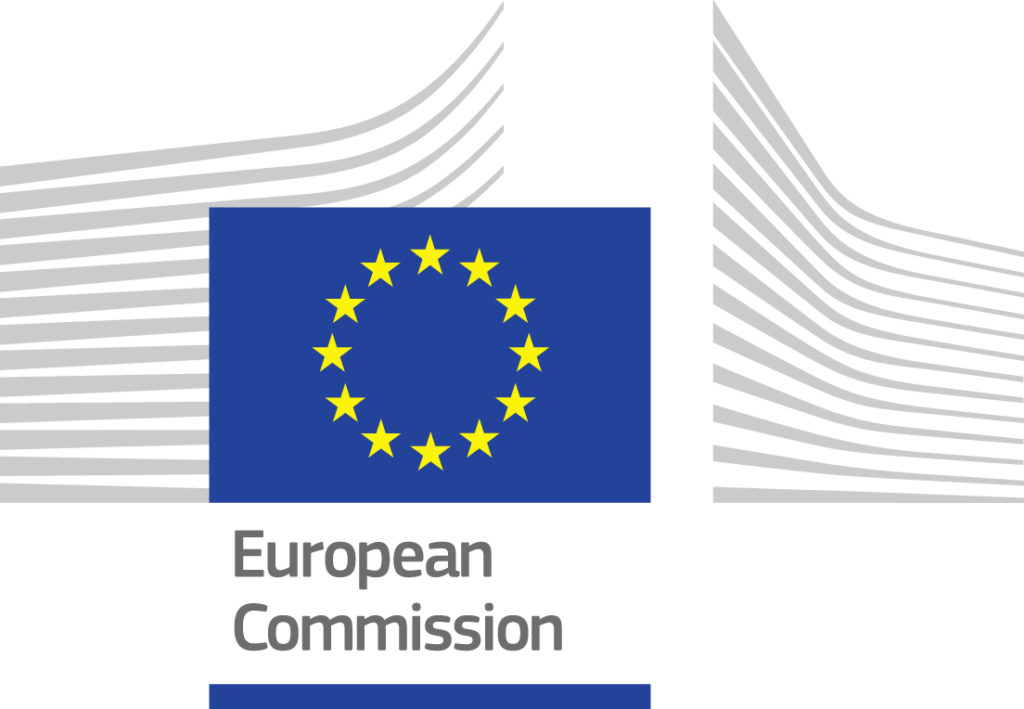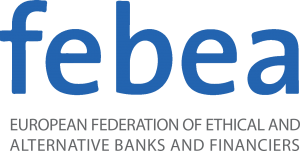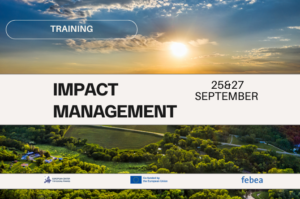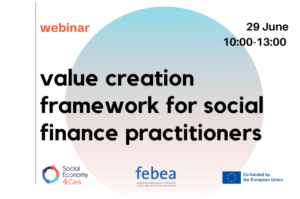Date: 10th of June, 2024
Time: 11:00 – 13:30 (CET)
Location: Online
Registration and link here.
Agenda
11:00 – 11:15 – Welcome and introduction to the workshop
11:15 – 12:00 – How to measure GHG emissions in a portfolio (MACS)
12:00 – 12:10 – Break
12:10 – 12:40 – Presentation of Hot and Cool Institute carbon footprint approach exploring intersection between society and sustainability
12:40 – 13:20 – Best practice example from FEBEA network:
- 12:40-13:00 LA NEF
- 13:00-13:20 GLS
Background information
Climate change is one of the biggest issues of our time and numbers from Eurobarometer confirm this:
- 77% of EU citizens think climate change is a very serious problem.
- 58% of EU citizens think the use of renewable energy sources should be accelerated, energy efficiency increased, and the transition to a green economy sped up.
- 37% of EU citizens say that they are personally exposed to environmental and climate-related risks and threats.
Climate change is mainly driven by the emission of Greenhouse Gases (GHG), which include carbon dioxide, methane, nitrous oxide and fluorinated gases. These gases are emitted through the burning of fossil fuel, deforestation or through agricultural practices. Consequently, one of the main strategies to mitigate climate change is to reduce these emissions. At the same time, these strategies also help to reduce pollution and waste.
There are thousands of potential ways to reduce GHG emissions. It can include the insulation of buildings, less consumption of meat, less waste in the food supply chain, better use of old materials or increased use of bicycles to mention just a few. For ethical finance providers, these aspects are relevant for their own organizations as well as for the companies in their investment and/or loan portfolios.
Overall, there are hundreds of thousands of potential concepts that might help to reduce overall GHG emissions. The table developed by the Rare’s Center for Behavior & the Environment shows some of the potential solutions:
| Solution | Description | Plausible-Optimum Scenario Emissions Reduction (GtCO2-eq) |
|---|---|---|
| Reduced food waste | Minimizing food loss and wastage throughout the food supply chain from harvest to consumption | 70.5-93.7 |
| Plant-rich diets | Eating more plant-based foods and fewer animal proteins and products (e.g., meat, dairy) | 66.1-87.0 |
| Ridesharing | Using ride-sharing services and/or carpooling | 6.9-29.5 |
| Bicycle infrastructure | Biking to destinations in cities instead of using cars | 2.3-11.4 |
| Walkable cities | Walking to destinations in cities instead of using cars | 2.9-11.1 |
| Household water saving | Using water saving devices in homes such as low-flow showerheads | 4.6-6.3 |
| Smart thermostats | Using devices that reduce heating and cooling demand through sensors and settings in the home | 2.6-5.8 |
| Household recycling and recycled paper | Recycling paper, metal, plastic, and glass materials | 3.7-5.5 |
Ethical finance providers aim to contribute to mitigate climate change through their activities by funding organizations in the above-mentioned areas and beyond. One key aspect within the field of impact measurement and management (IMM) is therefore the assessment of the organization’s influence on greenhouse gas emissions at their own organisational level and at their portfolio level.
Outline of training contents
This training introduces participants to tools and methodologies on how to assess their impact on the emission of GHGs and aims at enabling them to apply them to their own organizations. Such assessment would support regulatory requirements and accountability procedures as well as support ethical finance providers in better understanding their activities related to the topic.
For these purposes, experts from the field will share their knowledge with the audience and two member organizations will illustrate best-practice examples from their own experiences. Following the session, participants will receive access to presentation materials and templates to support their ongoing efforts.
Objectives and goals
This workshop is the third one in a series of trainings aimed at supporting ethical finance organizations in implementing impact monitoring and management. It aims to enable ethical finance providers to implement initial steps in measuring their own organizational CO2 footprint as well as the GHGs emitted by the companies in their portfolios.
Experts from the field will present current tools and methodologies used to assess CO2 emissions. Ethical finance providers will then illustrate their own applications, experiences and challenges.
Methodology/approach
The workshop will combine theoretical as well as practical input by experts from the field. Additionally, two FEBEA member organisation(s) will illustrate their experiences. This combination of expert input as well as peer-learning and discussions will enable participants to start designing their own GHG assessment systems within their own organizations.
Speakers
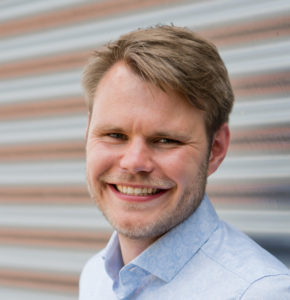
Timo Hülsdünker – GLS
He’s a Senior Referent for Strategy & Development and deputy lead at GLS Bank. Timo Hülsdünker is a distinguished expert in CO2 measurement, having played a pivotal role in the implementation of the measurement process within GLS Bank. His hands-on involvement in the development and execution of these processes has given him an unparalleled understanding of the subject. This practical experience, combined with his broader knowledge of sustainable finance, establishes him as a significant figure in the field of CO2 measurement within the banking sector

Viivi Toivio – Hot or Cool
She’s a Senior Data Analyst at Hot or Cool. She has a broad experience and understanding of methods and tools for calculating the carbon and material footprint of households, lifestyles and individual products and services.
Viivi has been developing a quantitative analysis method for lifestyle carbon footprint calculations for the 1.5 Degree Lifestyles report series.

Johannes Lauback – MACS Energy and Water
He currently is Director of the Climate division.
Mr. Lauback profile’s brings extensive experience in energy efficiency ranges from cogeneration and district heating to buildings. His know-how encompasses (pre)feasibility studies, due diligence, energy audits, rehabilitation and expansion strategies for energy systems, market and competition analyses, as well as mergers and acquisitions advice.
His in depth understanding and hands-on experience in carbon markets and project-based emission reduction activities complement his profile.
*Check FEBEA’s cancellation policy here.


